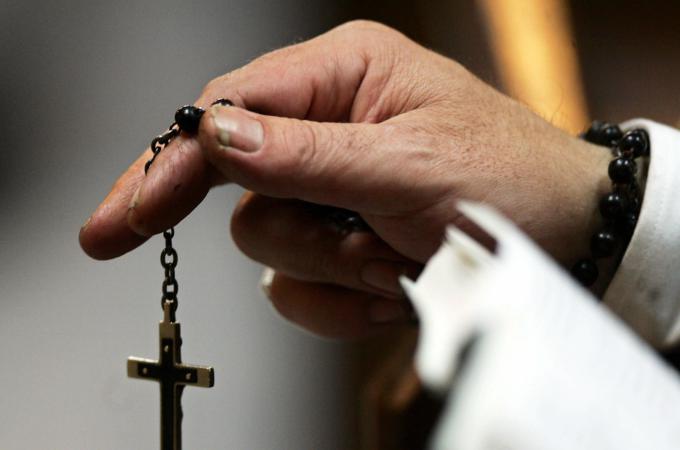Scottish bishops add free speech, thought to Catholic election concerns
GLASGOW, Scotland (CNS) -- The bishops of Scotland have made freedom of speech, expression, thought, conscience and religion a priority for Catholic voters for the first time.
In a 1,000-word letter issued ahead of the May 6 election, free speech is listed among key categories of concern alongside the protection of human life, family and work, poverty, human trafficking, the environment and Catholic education.
"If Scotland is to be a tolerant, open, diverse country then we must be free to discuss and debate ideas, even those which are deemed by some to be controversial," said the letter signed by the country's seven bishops and the administrator for the Archdiocese of Glasgow. It was released April 11.
"Whilst being mindful of the need to protect citizens from hate, government must not overstep into the realm of unjust restrictions on free speech, free expression and freedom of thought, conscience and religion," the letter said.
"This must include, among others, the freedom to express belief in the biological reality of sex and gender."
In March, Scotland passed the Hate Crime and Public Order (Scotland) Bill, which Catholic and Protestant leaders opposed.
They feared a new offense of "stirring up hatred" against certain groups could lead to the prosecution of Christians solely for disagreeing with gender ideology and same-sex marriage or for possessing literature promoting Christian sexual ethics.
Pressure from the churches led to last-minute concessions from the government, most notably that an "intent" to stir up hatred has to be proven for any prosecution to be successful.
In their letter, the bishops also warned voters an attempt to legalize assisted suicide was "likely to happen in this parliament."
They said the practice "suggests that some lives are not worth living, contrary to the Christian belief that every life has equal dignity and value."
"It is incumbent upon our parliamentarians to show compassion for the sick and dying," the bishops said. "This is not achieved by assisted suicide or euthanasia."



















